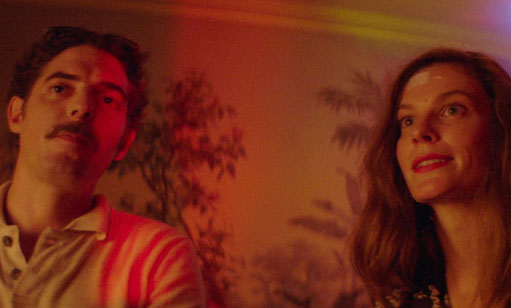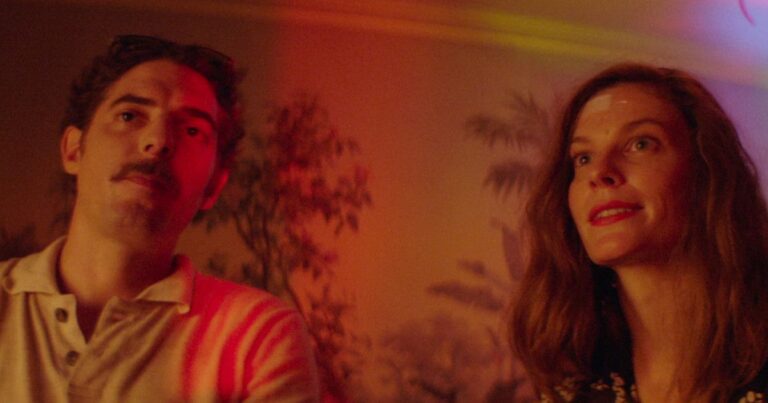Film Review: Thirst Street
Erotic Thriller Or Winking Parody: Sexy Indie Straddles The Line


"But ... when you really think about it ... Isn't all love kinda crazy?"
Latest Article|September 3, 2020|Free
::Making Grown Men Cry Since 1992


"But ... when you really think about it ... Isn't all love kinda crazy?"